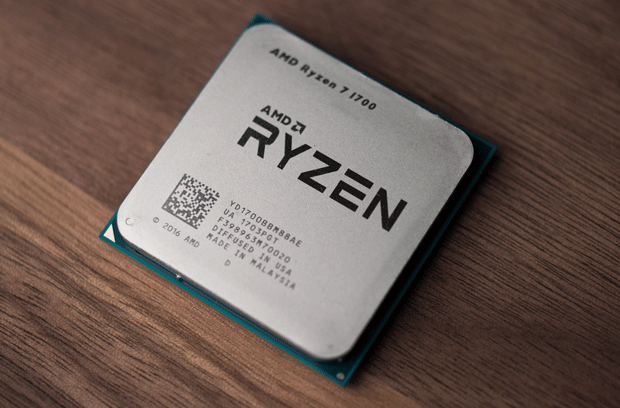AMD Ryzen Bug: AMD to Roll Out Ryzen EFI BIOS Update to Patch FMA3 Code System Lock-Ups
Days after AMD made available its first lineup of Ryzen chips in the consumer market earlier this month, a weird bug involving FMA3 instructions raised its ugly head. Simply put, the bug affected an extension to 128-bit and 256-bit SIMD instructions that oversee fused multiply-add floating math operations.

While the bug was unlikely to have any major most day-to-day compute task, if you were ever to come across it, you would spot the glitch without fail. Which is another way to say that the bug had potentially nonignorable consequences while performing certain tasks. In fact, as pointed out by the folks over at HotHardware, odds are there that the bug could make an entire system to crash.
Furthermore, even for those that do not have any particular use case that involves FMA3, certain benchmarks are capable of exploiting the instruction set that could be used to induce hard lock crashes. Thankfully, the bug was spotted early into Ryzen’s existence as it gave AMD the chance to sort things out before the new chips penetrate deeper into the market.
Following a couple of weeks of hard investigations, AMD has reportedly figured out the underlying reason that has been causing the issue, DigitalTrends reports.
We are still not sure about the details, or how difficult it was for the chip giant to fix the problem. All we have with us right now is an acknowledgment from AMD that the issue is real and that they have zeroed in on the root cause.
In case, you were wondering, this is not an issue with the processor itself. Rather, the issue was with the EFI. In the event you have been at the receiving end of any hard-locks (or if you simply want to ensure utmost stability for your system), make sure to periodically check your motherboard vendor’s portal to know if the update is available already.
Note that while you probably do not use FMA3 instructions yourself, but certain applications that you will use down the road may do.
The post AMD Ryzen Bug: AMD to Roll Out Ryzen EFI BIOS Update to Patch FMA3 Code System Lock-Ups appeared first on MobiPicker.
(81)